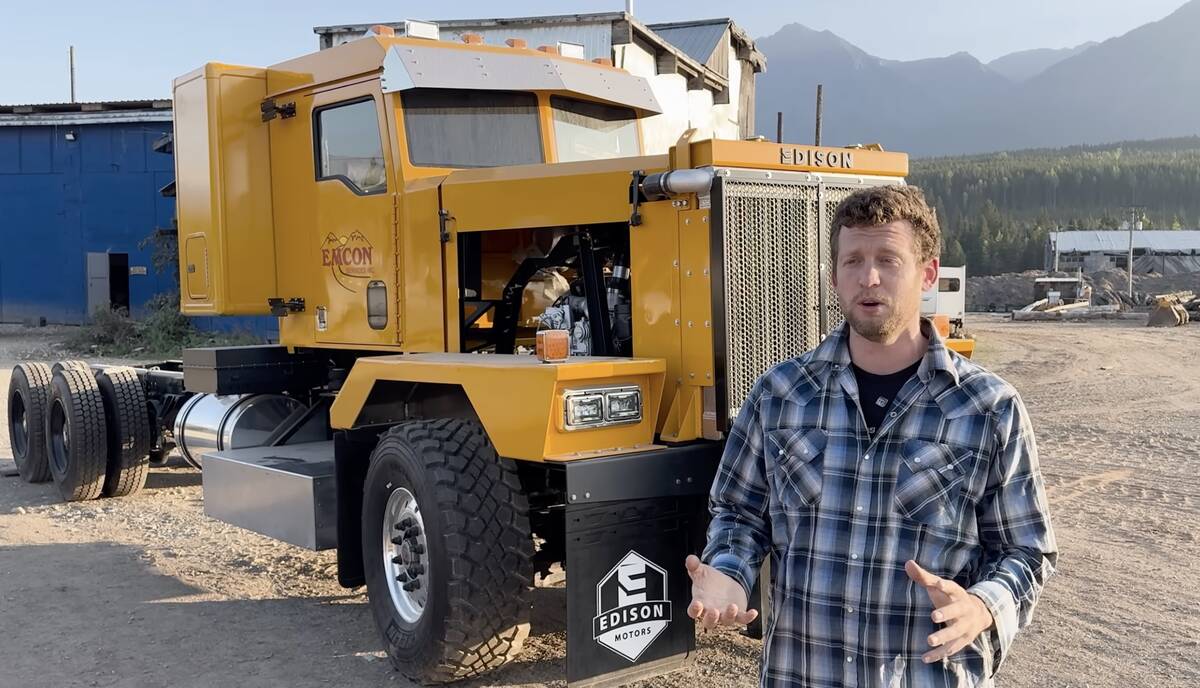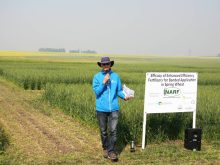In case you haven’t heard of it, British Columbia-based Edison Motors is a start-up heavy truck manufacturer.
Being a startup in that industry is unique enough, but Edison has an unconventional business plan: build both a Class 8 conventional and hybrid-electric version for the vocational truck sector.
The idea is to use a smaller diesel engine to power an onboard generator routing power to a large battery pack and axles through an electric drivetrain.
Read Also
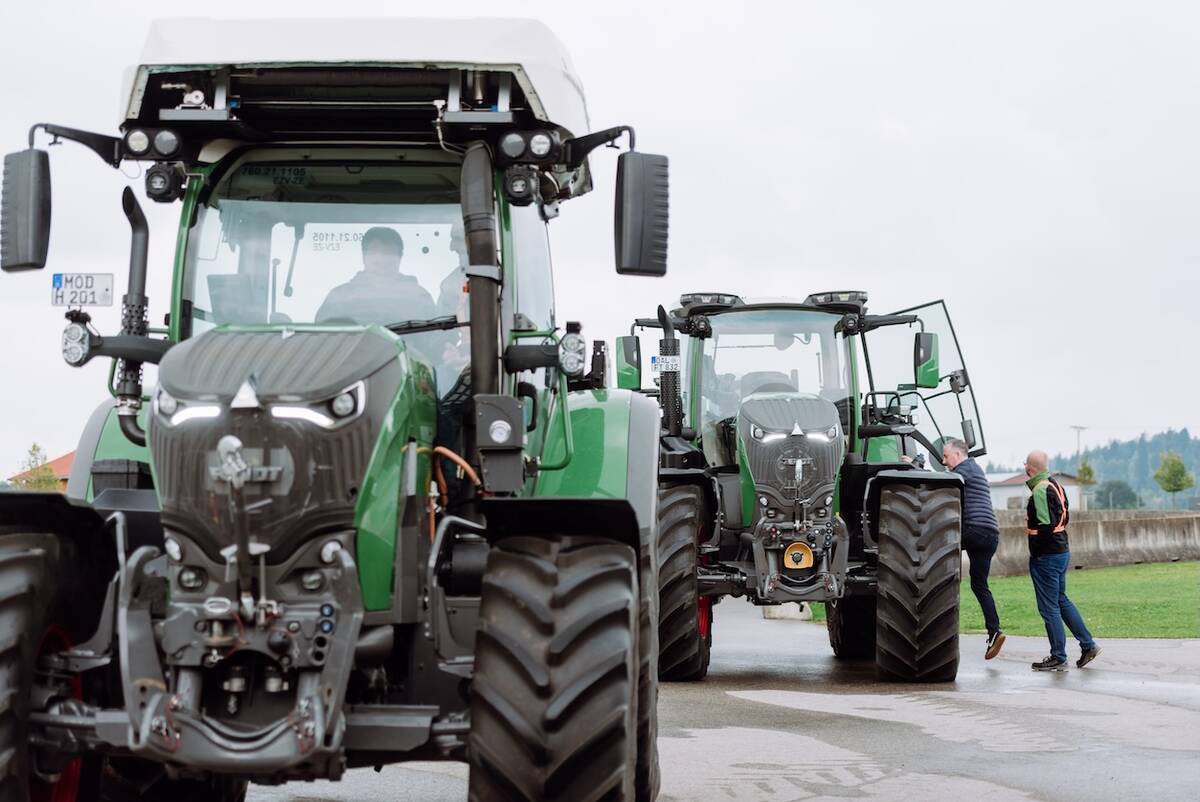
Agco worries about outlook for North America
Agco chief executive officer Eric Hansotia recently had both good and bad news to share about the demand for new farm equipment.
That would be a considerable fuel saver for many specific applications, lowering operating costs and reducing emissions without the range limitations of battery-only electric trucks.
Ironically, it’s emissions that are causing a major setback to Edison’s production schedule. It isn’t because the trucks exceed limits but because of a technicality in the way legal emissions limits are set. And those rules come from the U.S. Environmental Protection Agency.
To harmonize vehicle sales in North America, Environment and Climate Change Canada simply adopts the U.S. regulations, and those rules are holding up hybrid production at Edison, even for Canadian customers.
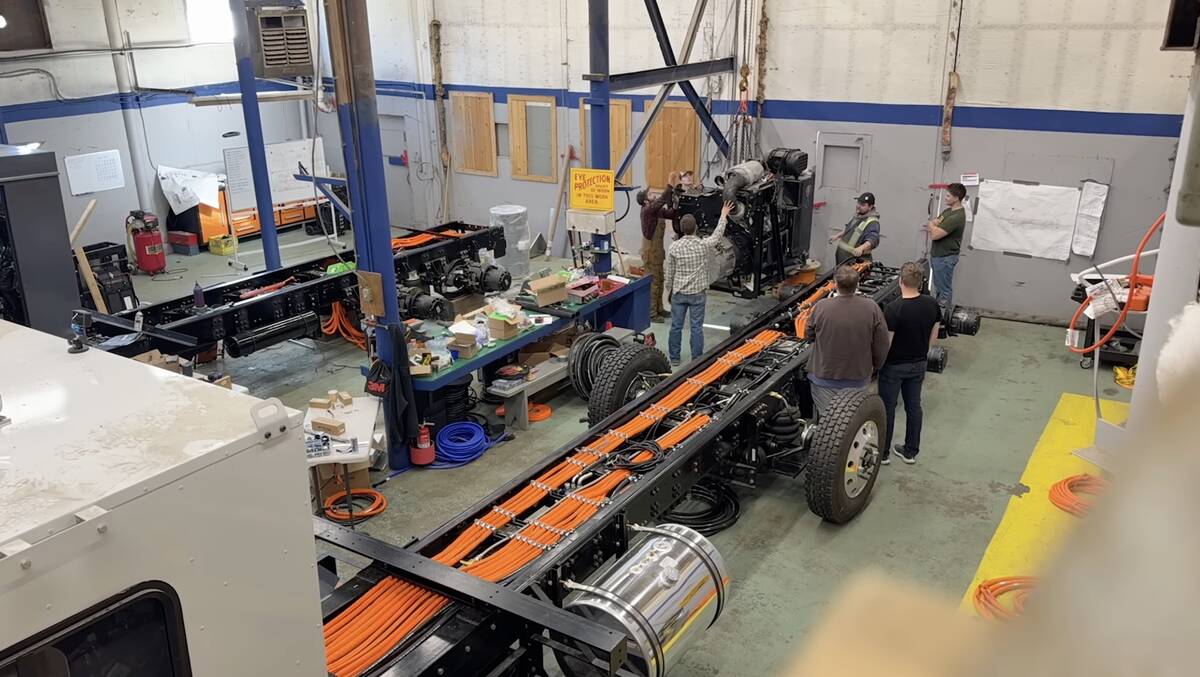
The duty cycle of a diesel engine running a generator is different from the duty cycle of a diesel powering a conventional truck drivetrain, so each application has its own EPA emissions certification. The trouble is, the off-road duty cycle required to power a generator isn’t certified for use in an on-road truck, even though it meets the same emissions standards.
It’s a technicality that has stopped hybrid truck production at Edison in its tracks.
“Nobody has certified a generator to truck emissions standards,” says Edison Motors president Chace Barber.
“An on-road engine is tested going up and down simulating a drive cycle, whereas a generator is tested at a stationary drive cycle. It fires up and runs at one r.p.m.”
The emissions standards are the same, but the testing standards are different.
“The law says truck engines have to be certified to an on-road testing cycle, even though that’s not how we’re using it.”
Those testing procedures wouldn’t work with the demands of the Edison hybrid powertrain.
It’s a kind of catch-22 that requires amended legislation to allow for an entirely new engine power demand in hybrid trucks, an application that no one likely considered when the original emissions rules were drafted.
“We’re the first people to ever put a generator to power a truck,” he says.
Barber and his team were invited to Ottawa to meet with parliamentarians to discuss the problem, and he says they were supportive.
” ‘That’s stupid,’ one member of Parliament said (of the legislative snafu),” Barber recalls.
“We have the opportunity to build something leading edge in Canada, but our own laws are stopping us from doing it.”
Barber says MPs confirmed to him that they are looking into what can be done to fix the problem as quickly as possible.
“But then we met with Environment Canada,” Barber says.
“They said anything they do is probably going to take a year or two.”
Environment Canada said it couldn’t immediately issue a temporary exemption to allow hybrid production at Edison to resume. As a result, the initial four hybrid trucks Edison built for customer orders cannot be released to the buyers.
“There’s a six month internal review for exemptions; then they have to put it out to stakeholders for comment,” Barber says.
“If existing truck companies say no, we’re not OK with that, then likely the exemptions get overturned.”
Another option is to make a change to existing emissions regulation. The trouble with that is the Canadian regulations simply adopt U.S. EPA standards.
“It literally says in the Canadian rules, ‘please refer to U.S. EPA guidelines,’ ” Barber says.
“For us to get the rule changed, we have to get the U.S. rule changed.”
However, there is a third alternative, and it’s one that seems to fit well with the current need to diversify the Canadian economy away from over-reliance on the United States. Canada could simply follow a number of other countries in the western world and adopt European Union regulations as also acceptable for Canadian vehicle and equipment production.
“The EU have global harmonized transient cycle testing,” says Barber.
“They harmonize all the cycle testing. They’re all tested the same. And there’s a lot more common sense in the rules. The U.S. rules feel like they were made by a bunch of lobbyists. If the EU rules were in place (here), we could get our approval within one or two days.”
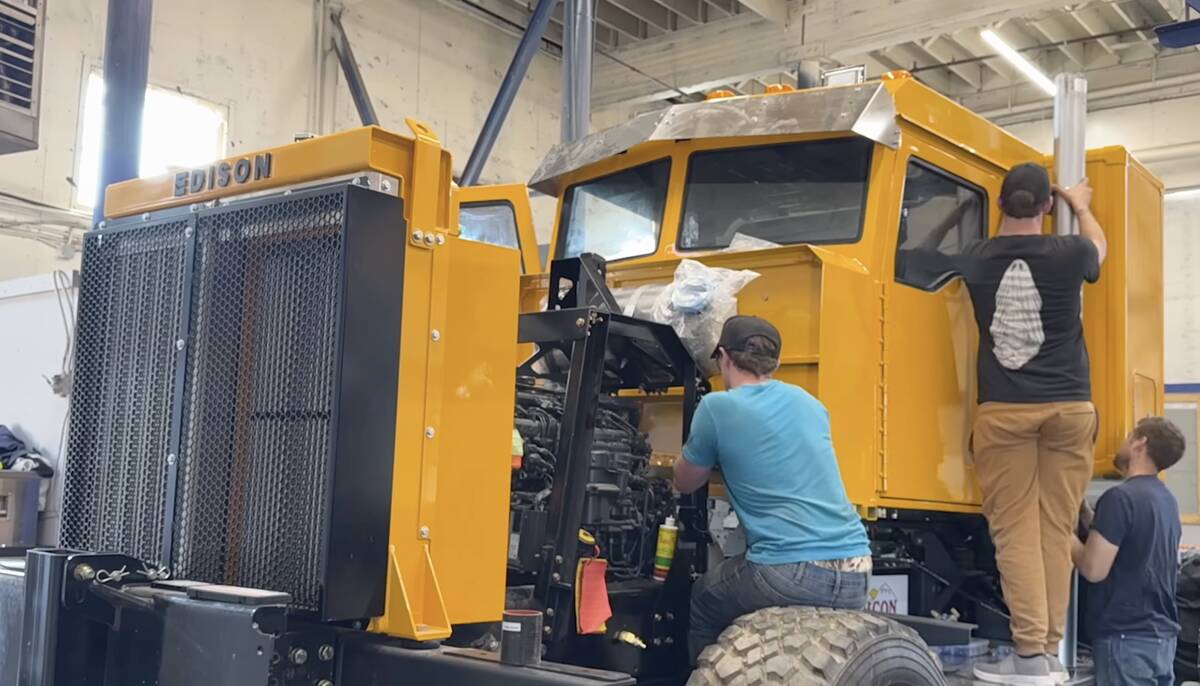
Glacier FarmMedia contacted Environment Canada to discuss the possibility of that happening. Instead, the department opted to supply a written statement, confirming the testing differences that Barber outlined.
“Historically, Canada and Europe have put in place different emissions control regimes that are not directly comparable,” it wrote.
“These include different emission standards, different test cycles used for emissions testing and different frameworks for demonstrating compliance with the applicable emissions standards.
“Canada, the United States and Europe all participate in the World Forum for the Harmonization for Vehicle Regulations (WP.29), a United Nations subsidiary body which offers a framework for globally harmonized regulations for vehicles,”
However, it offered no comment on whether Canada would consider certification of both testing standards.
In the meantime, Edison is limited to building standard driveline versions of its trucks rather than the hybrids that would reduce emissions.


